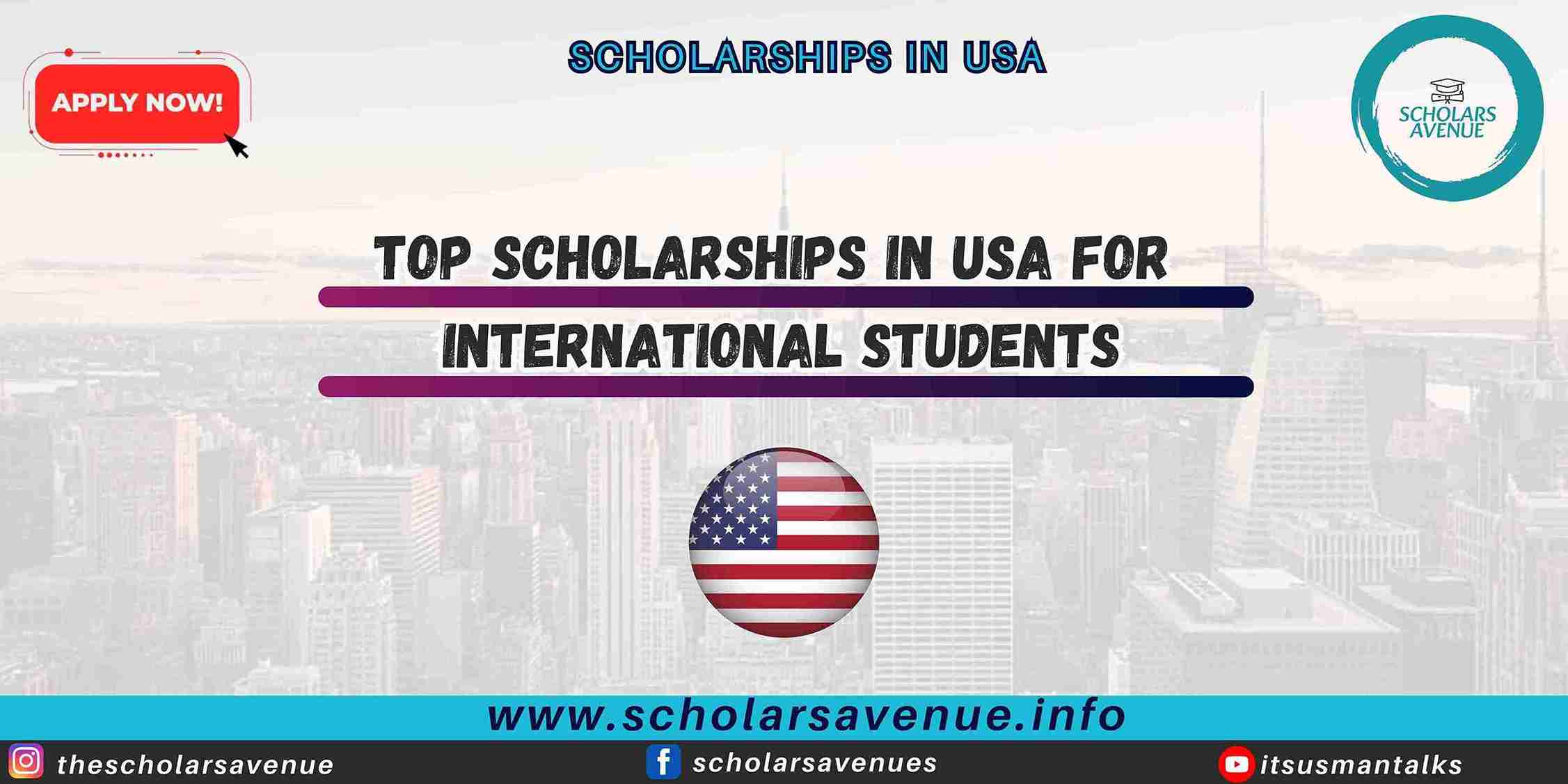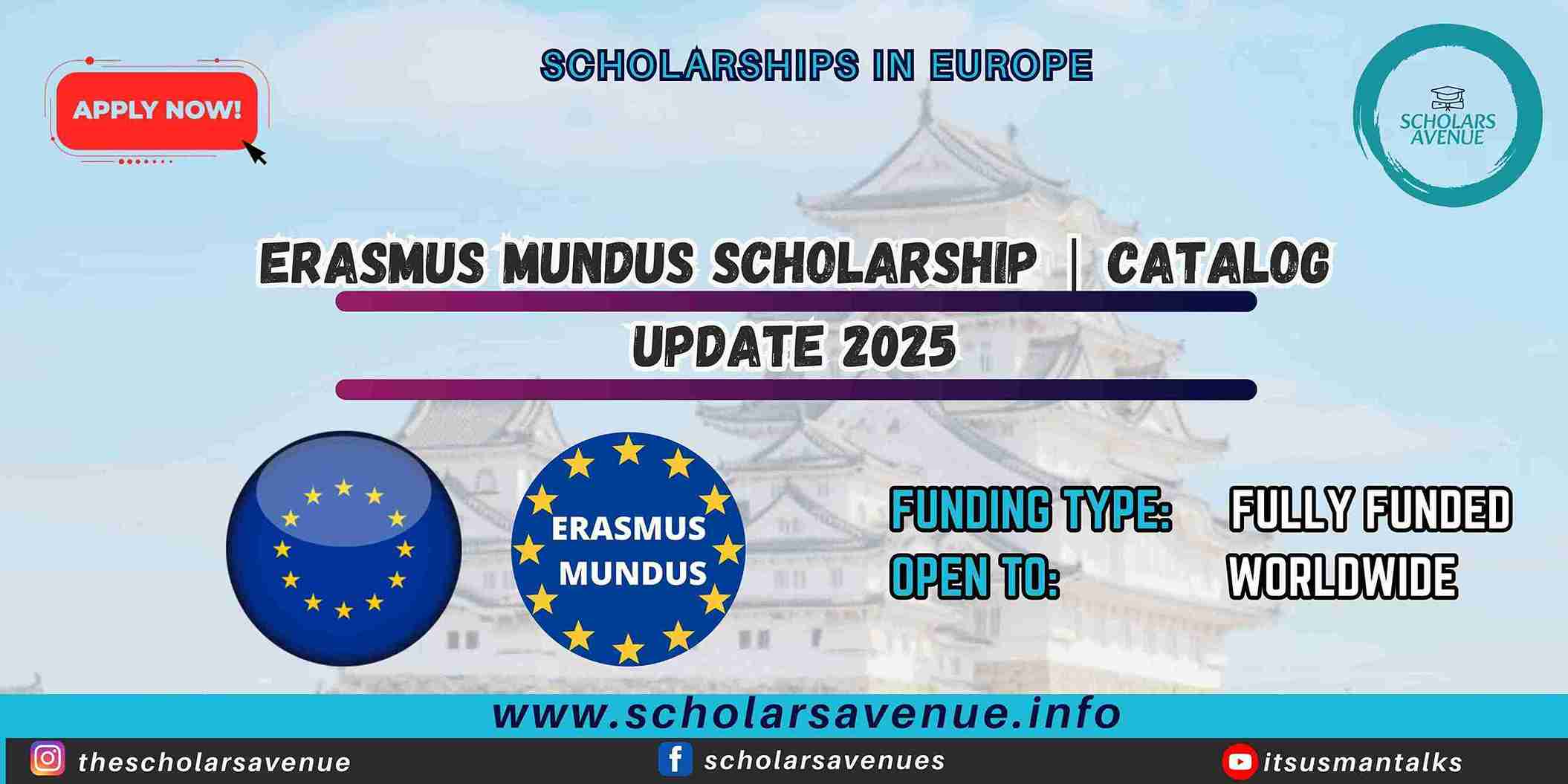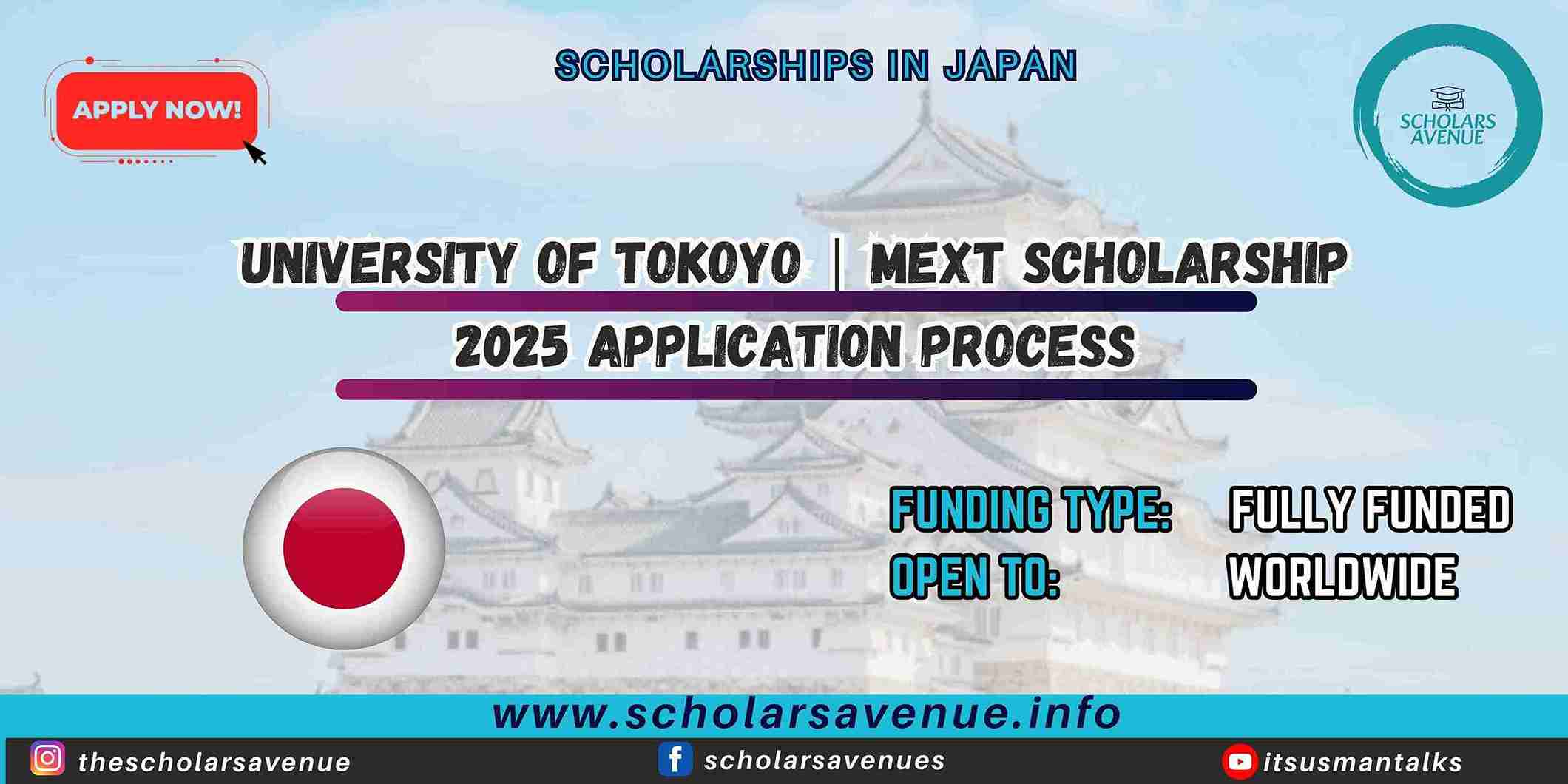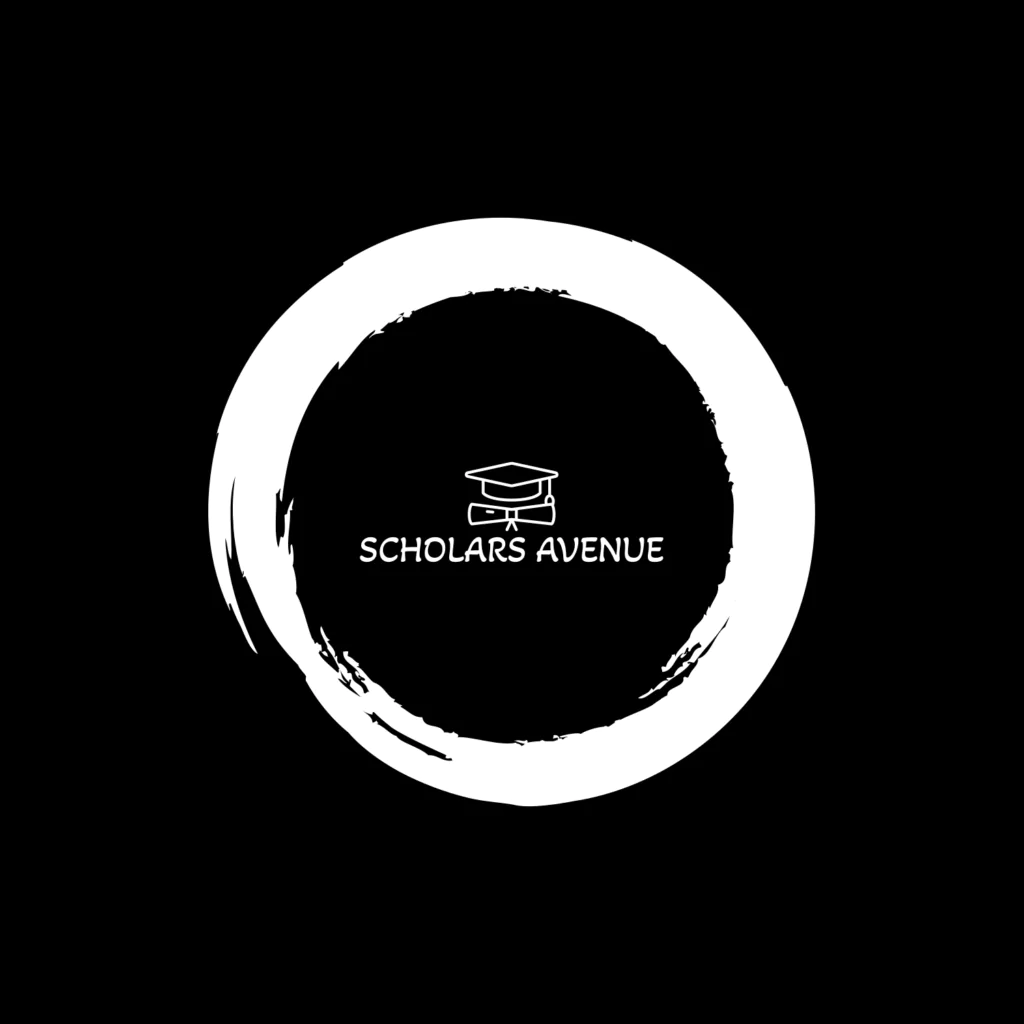Many students struggle to find a detailed step-by-step process about How to Apply for a Marie Curie PhD Fellowship. Getting a research fellowship is more than just securing financial support. A good fellowship program helps you grow professionally by giving you exposure, facilitating cross-border knowledge exchange, and providing networking opportunities. By participating in such a program, you can develop valuable skills and make significant contributions to your field.
If you’re looking for a PhD grant that supports your ambitious goals, the Marie Curie PhD Fellowship could be the perfect opportunity. This guide will provide you with essential information about the fellowship’s funding, eligibility criteria, and application process to help you submit a successful application. If you are looking for a master’s scholarship you may apply for the Erasmus Mundus Scholarship, also funded by the European Union.
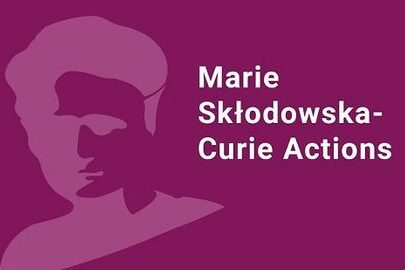
Details about the Marie Curie PhD Fellowship
What is the Marie Curie PhD Fellowship?
The Marie Curie Fellowship, offered by Marie Skłodowska-Curie Actions (MSCA) under the European Union (EU), provides well-paid opportunities at top research facilities across Europe. It offers excellent exposure to both academic and non-academic sectors.
In addition to funding, the fellowship promotes communication, dissemination, and public engagement to foster independent thinking and leadership. Researchers participate in various training sessions, seminars, and workshops to enhance their research skills.
Objectives of the Marie Curie PhD Fellowship
- Employ multidisciplinary approaches to research and innovation.
- Empower researchers to tackle current and future challenges in their fields.
- Provide exposure to both academic and non-academic environments.
- Translate theoretical knowledge into practical applications.
- Develop transferable research skills across industries and sectors.
Benefits of the Fellowship Activities & Training
Career Development Plan
Each researcher collaborates with a supervisor to create a career development plan outlining research objectives and training programs. This plan also schedules the production of research publications and participation in conferences.
Networking
Researchers have multiple networking opportunities, including:
- Attending workshops and network meetings.
- Collaborating with other researchers.
- Engaging with participating organizations and beneficiaries.
At the end of the training period, researchers organize a networking event to share research outcomes and build partnerships.
Public Engagement
The fellowship encourages researchers to promote their work to the public through various forums, such as conferences, school presentations, and research festivals. A notable event is the European Researchers’ Night, held in September across Europe, which inspires young minds to pursue academic careers.
Eligibility Criteria for Marie Curie PhD Fellowship
The Marie Curie Fellowship accepts PhD applications across all disciplines, regardless of nationality. Projects are assigned by beneficiaries and partner organizations, and prospective students must submit applications for projects that interest them.
General Eligibility Criteria
- Relevant Master’s degree or equivalent qualification.
- Transcript of grades.
- CV showcasing work experience and publications.
- Cover letter explaining suitability for the project.
- Letters of recommendation or contact references.
- Language proficiency certificate, if required.
Funding for Marie Curie PhD Fellowship
Most expenses are covered during the project, including accommodation, travel, and a monthly living allowance. Additional allowances are available based on financial needs.
Stipend for Marie Curie PhD Fellowship
- Monthly Living Allowance: Up to €4,880 per month, depending on the host country.
- Mobility Allowance: Up to €600 per month for travel and related expenses.
- Family Allowance: €500 per month for applicants with a family.
How to Apply for a Marie Curie PhD Fellowship
The application process for a Marie Curie Fellowship is competitive. A well-structured and thoroughly written proposal is crucial. Understanding the European Commission’s priorities and the evaluators’ perspectives is essential.
Structure of the Application
Visit the Euraxess portal to check the latest open Ph.D. positions in Europe. The proposal consists of two parts: the Administrative Form (Part A) and the Research Proposal (Part B).
Part A: Administrative and Summary Forms (Completed Online)
- General Information: Include the title, project acronym, keywords, and a 2000-character abstract.
- Administrative Data: Provide contact information for the host department and supervisor, as well as your own information and Researcher ID.
- Budget: The budget is calculated automatically based on project duration and costs.
- Ethics: Complete the ethics issue table for self-declaration.
Part B: Proposal Forms (Download Template from Portal and Upload)
- Excellence: Detail the quality, originality, and credibility of your research. Include an introduction, research aims, methodology, and expected advancements in your field.
- Impact: Explain the impact of your project on your research career and the European economy and society. Demonstrate how your project will advance research and popularize the research profession.
- Implementation: Outline the allocation of tasks and resources, project deliverables, and milestones.
Looking to maximize your chances of acceptance?
Consider using our Professional Services to polish your application and stand out from the crowd.
For detailed videos on relevant opportunities check out:
Frequently Asked Questions (FAQs)
Is it hard to get a Marie Curie PhD Fellowship?
The Marie Curie Fellowship is highly competitive. To increase your chances, make sure your application highlights your academic and professional achievements, goals, and alignment with the fellowship’s objectives.
How much do Marie Curie PhD fellowships pay?
Marie Curie fellowships offer a monthly living allowance of up to €4,880, a mobility allowance of up to €600, and a family allowance of €500 per month if applicable.
Who is eligible for a Marie Curie Fellowship?
The fellowship is open to researchers of all nationalities with a relevant Master’s degree or equivalent qualification. Applicants must meet the specific eligibility criteria outlined by the fellowship.
How do I get a Marie Curie Fellowship for a PhD?
To apply for a Marie Curie Fellowship, you need to find a project that interests you, meet the eligibility criteria, and submit a well-structured proposal through the official portal.
Which countries offer Marie Curie fellowship?
Marie Curie fellowships are supported by 11 EU Member States: Austria, Belgium, Bulgaria, Czech Republic, Cyprus, France, Italy, Lithuania, Poland, Slovakia, and Sweden. These countries offer funding schemes for applicants with a Seal of Excellence certificate.
How long is a Marie Curie fellowship?
The duration of a Marie Curie fellowship varies depending on the specific project and research plan. It typically spans the length of the research project or doctoral program.


